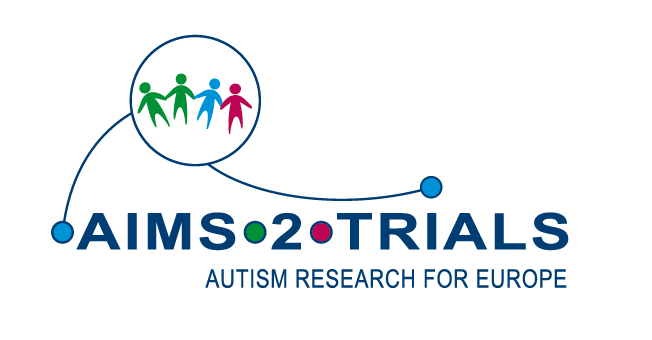Testing medicines: GABA

Can social skills, sensory processing & repetitive behaviour be improved by AZD7325, a medicine based on gamma-aminobutyric acid (GABA)?
Researchers will test whether a medication currently called AZD7325 can change the level of the neurotransmitter Gamma-Aminobutyric acid (GABA) in autistic people’s brains and whether this can help improve their social skills and repetitive behaviours.
GABA is a naturally occurring brain chemical that helps nerve cells communicate. It influences, among other things, how our brains deal with sensory information (such as sights, smells, tastes and touch), repetitive behaviour and sleep. Research has shown that there are differences in how the GABA system works in autistic and non-autistic people. Two studies aim to find out whether a GABA-based medication called AZD7325 can affect this aspect of the brain and, if so, whether it can improve sensory processing, social difficulties and repetitive behaviours.
This video was created to introduce the concepts underlying the AIMS-2-TRIALS Shiftability studies to those attending an internal consortium webinar at the end of June 2021.
Assuming that they pass this first study, the most successful of either this GABA medicine or the serotonin-based medicine will go on to be AIMS-2-TRIALS’ ‘fast-fail’, so called because it aims to be a relatively fast way to test whether a medicine that has already been approved is useful in another way in autistic people. This will test a longer term course of the medication in a larger group of autistic and non-autistic adults. If it is not successful, researchers know that it has ‘failed’ and do not proceed to a full clinical trial. For the fast-fail trial, participants will be allocated randomly into either the medication or control group – a group that is given a placebo, as above – and will all take part in a number of tests over the time that they are taking it. These tests will be similar to those of the first study. Side effects will be monitored and participants will be able to leave the study at any time, should they wish.
Leaders of the Initial GABA Study (shiftability)
Lead organisation: King’s College London, with support from University of Coimbra as needed.
Principle Investigators: Prof Grainne McAlonan, Prof Declan Murphy and Prof Miguel Castelo-Branco
Research Centres: King’s College London with option of University of Coimbra
Leaders of the Second GABA Study (fast-fail)
Lead Organisation: King’s College London, University of Coimbra
Lead: Dr Eileen Daly
Principle Investigators: Dr Eileen Daly, Prof Declan Murphy, Prof Gráinne McAlonan, and Prof Miguel Castelo-Branco
Research Centres: King’s College London, University of Coimbra







